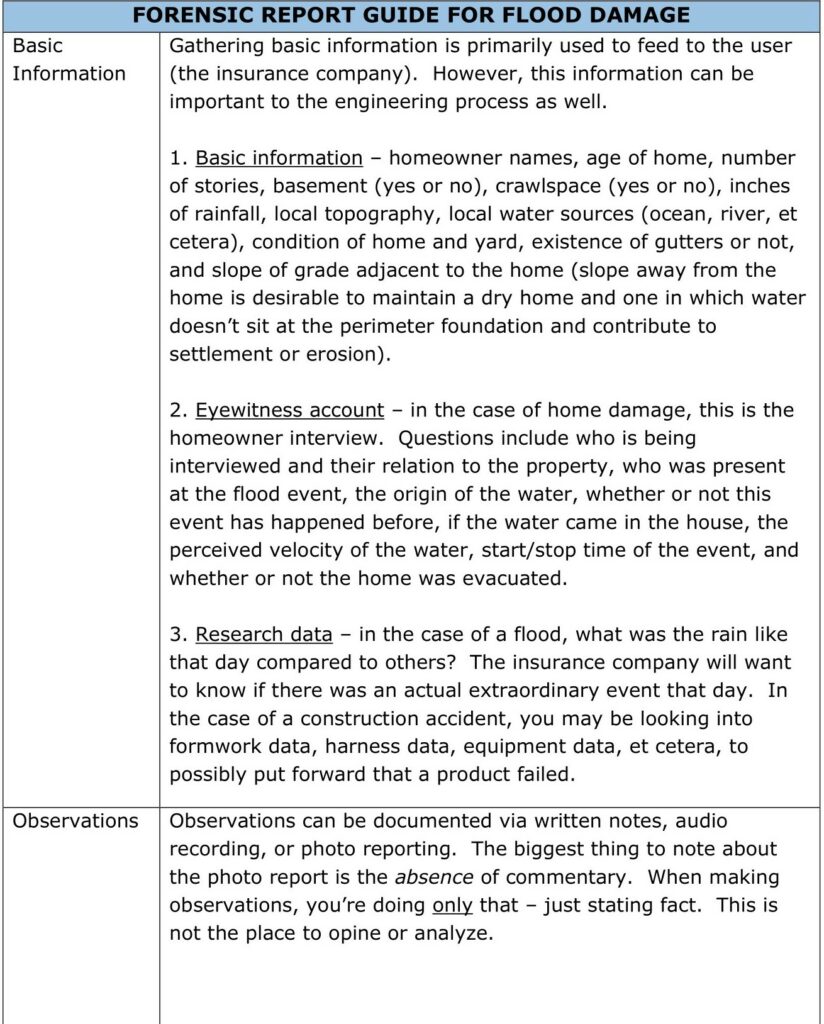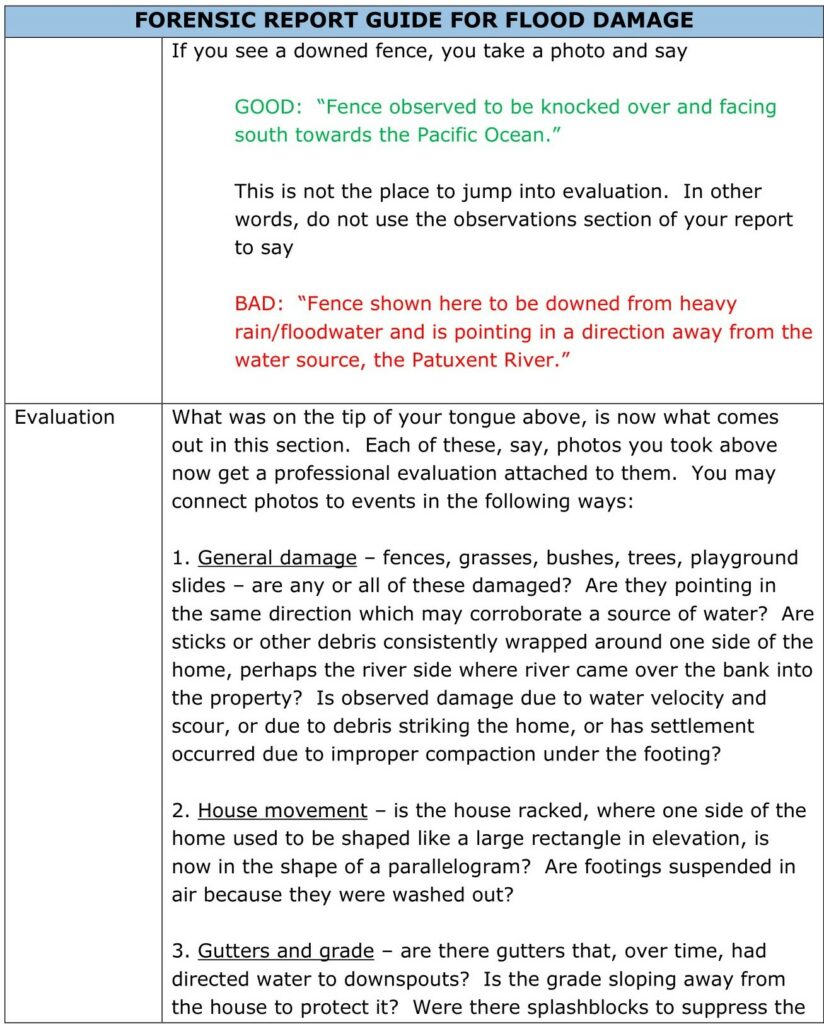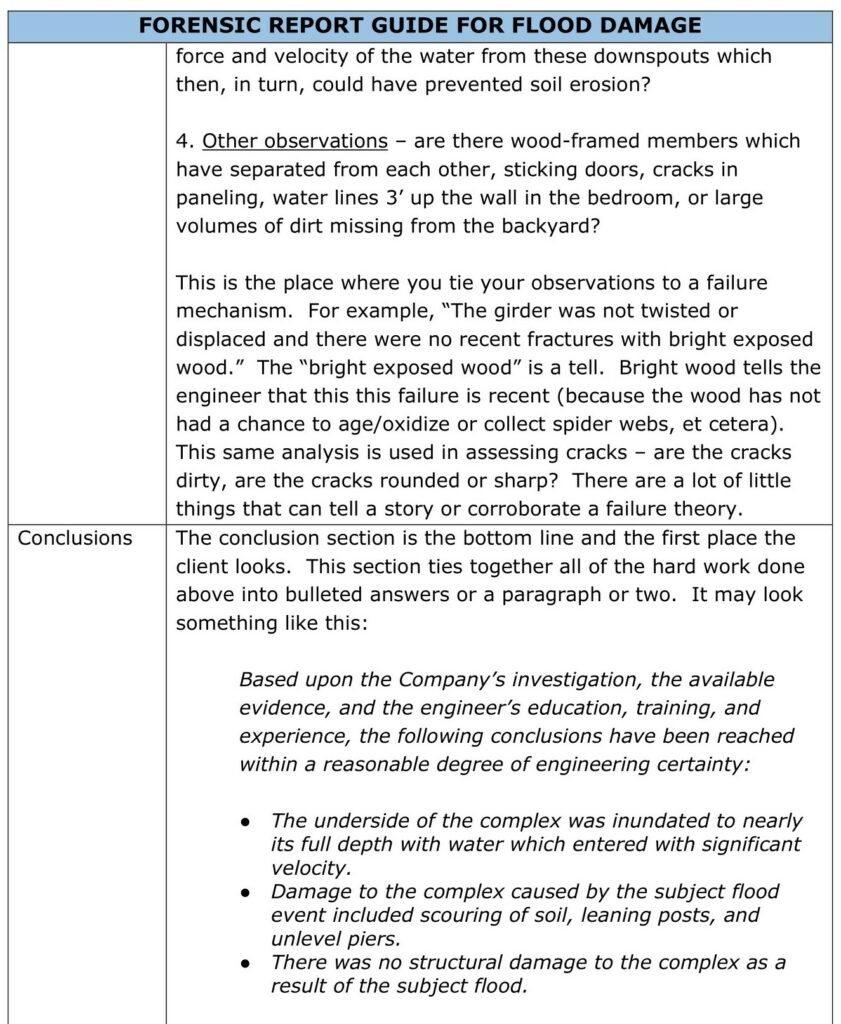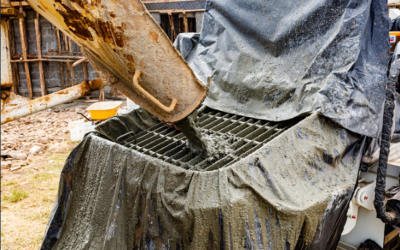Executive Summary. In any formal forensic investigation, there’s going to be some sort of report. Knowing how to write this report is important in construction and it’s important if you’re interested in a 2nd career. Also, it’s fun.
What is forensic engineering? From origin-and-cause.com, I found this great definition: Forensic engineering is the investigation of property loss and injuries related to failure in materials, components, design and structures. These can be minor incidents…or catastrophic events, such as a bridge collapse.

How does this relate to me? I’m in construction. Accidents are a part of construction, and most construction companies will conduct some sort of investigation after any accident. The first step is usually determining the causal factors and this will eventually end in some sort of conclusion. Of course, there’s an in-between process here too.
What are the steps in generating a forensic report? As intimated in the previous paragraph, there is a forensic component in the research of a construction accident. To answer the question posed here though, let’s drift over into the consulting world.
A common area of basic forensic work is in the insurance business. Your home experiences flood or wind damage and out comes the insurance adjuster. When things get a bit more complex they call in an engineer to either confirm or determine the cause of damage. This engineer’s report is used by the insurance company to help drive a decision on payment, or not, of the homeowner’s claim. The engineer’s report is comprised of the following sections (let’s take a flood for example):



My story. I mentioned in the executive summary above, that there was a “2nd career” option here. Although I took a class on forensic engineering in graduate school, I really learned the trade from the years which followed a random phone call I received about 7 years ago.

Since I took that call I’ve done forensic insurance work in flood, earthquake, and wind in Texas, Florida, California, and Hawaii. And as I’ve said in other articles, I just think it’s very shortsighted for some of my construction readers to obtain that civil engineering degree and not pursue the P.E. license. To me this area of engineering is enjoyable and challenging, and in the case of servicing my client, it can only be done if you’re licensed.
Work safe






0 Comments